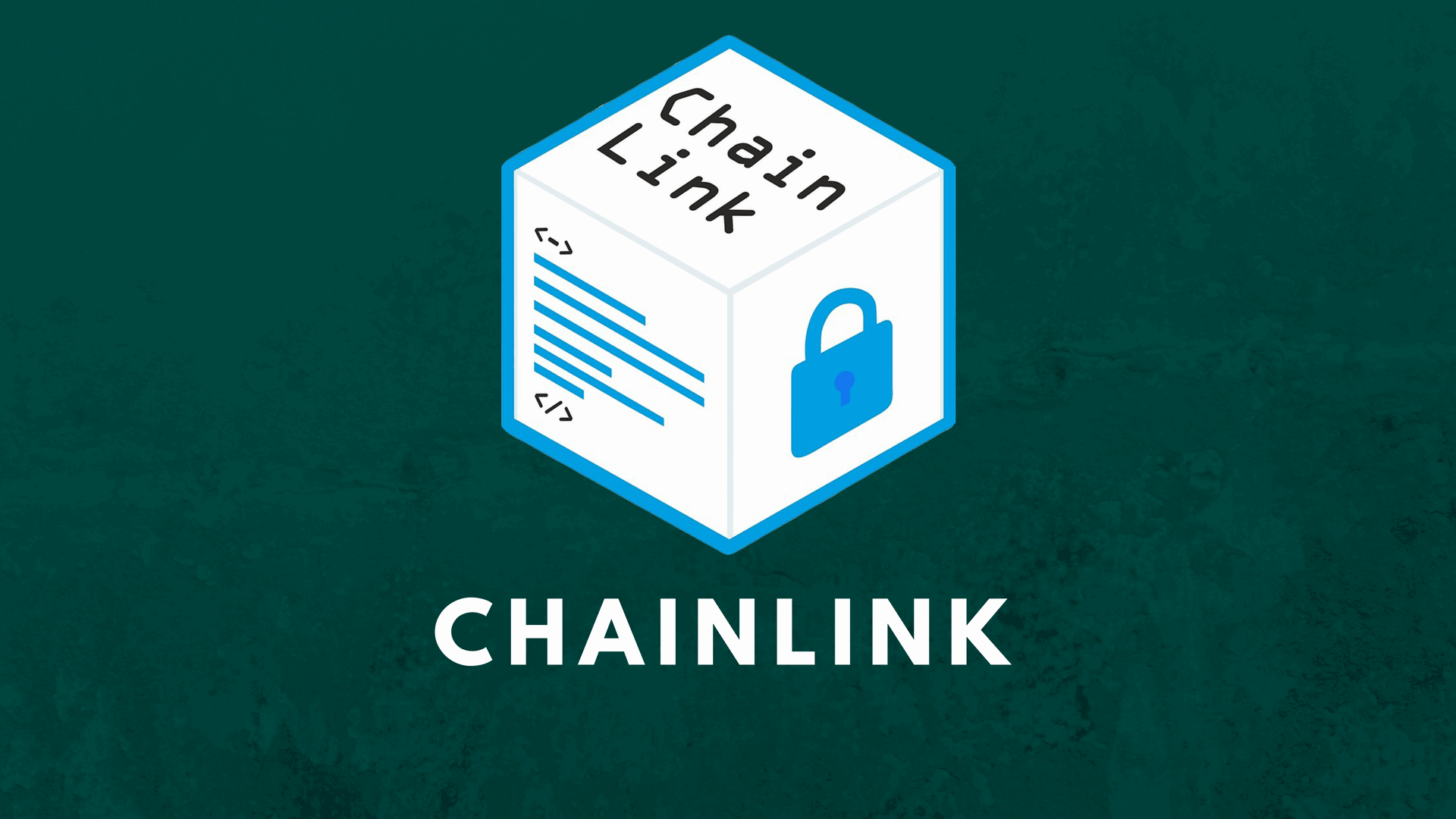Join Our Telegram channel to stay up to date on breaking news coverage
The United States Securities and Exchange Commission (SEC) has brought a case against three alleged pastors for using their position to influence people into investing in a Ponzi scheme. Yesterday, a filing from the financial regulator accused three men — surnamed Frimpong, Jali, and Johnson — of running Ponzi schemes and encouraging investors to make financial commitments.
Capitalizing on Their Influence
According to the report, the three men created two companies — named 1st Million and Small Partners. They operated these businesses between 2017 and May 2019, and fraudulently raised about $27 million from over a thousand investors.
The allegations claim that the three men had used their influence in local Churches and healthcare organizations. Johnson was an acclaimed minister, while Jali reportedly pastored at seven Church locations. They had told their investors — mainly African-Americans — that they would help them make crypto and Forex investments and promised to give them returns after a year.
The filing added, “From 2017 to May 2019, Defendants offered and sold to investors in Maryland and several other states, including Georgia, Florida, and Texas, among others, contracts with the Companies in which they falsely promised, among other things, to generate profits for investors by trading Forex and cryptocurrency.”
Most investors gave $5,000 to the companies, hoping to get returns between 6 and 42 percent monthly or per financial quarter based on their capital. Like other Ponzi schemes, the companies paid some of the earlier investors to maintain their legitimacy. However, the scheme soon got exposed.
AirBit Club Bites the Dust
Ponzi schemes have become increasingly popular in the crypto space. Last month, the U.S. Department of Justice charged several members of the AirBit Club — a Ponzi scheme that allegedly netted tens of millions from its victims. Per a filing, the regulator managed to arrest four of the scheme’s five alleged operators. The first member was arrested in Panama and is awaiting extradition to the U.S.
AirBit Club launched in late 2015 as a cryptocurrency multi-level marketing scheme. The operators reportedly hosted lavish presentations to encourage investors, promising guaranteed returns every day through the firm’s crypto trading and mining operations.
AirBit also went through great lengths to maintain its legitimate look. The company launched an online portal for investors, complete with segments that showed their “profits” piling up. However, while investors believed that their cash was being used for their financial gain, the company’s operators spend the money on real estate and luxury goods.
They also used some of the money to host other presentations and encourage more investors. Club members started processing their fund withdrawals as early as 2016. Soon, they got excises, delays, and additional fees from the company. At some point, AitBit Club told them that they would need to recruit more members to process their withdrawals.
In general, AitBit Club managed to launder about $20 million through different banks. While the company tried to erase all negative information online, word got out, and regulators got involved.
Join Our Telegram channel to stay up to date on breaking news coverage


